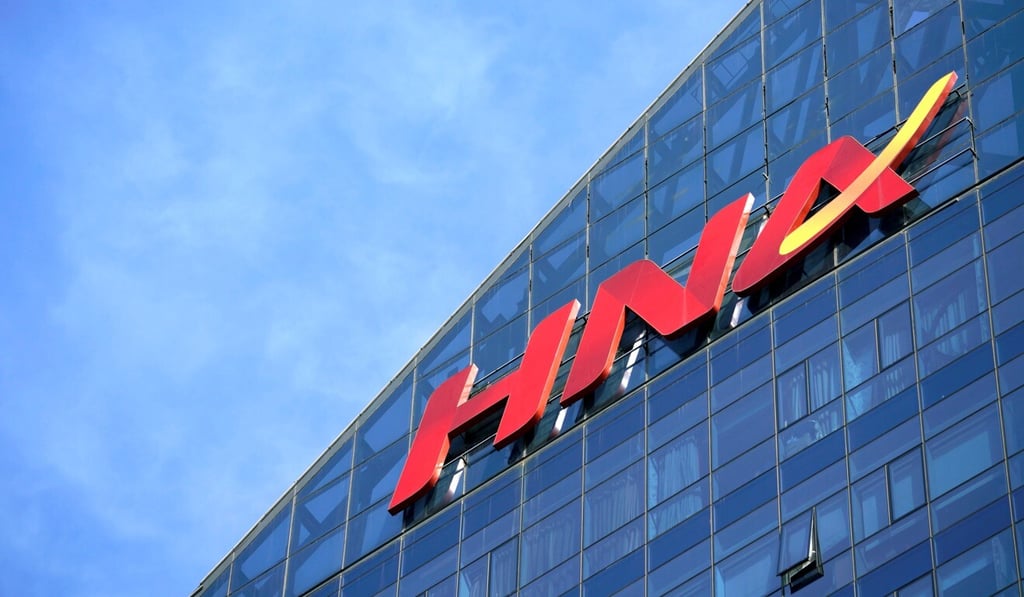‘Opportunity of a lifetime’ for distress investors as companies from HNA to China’s LVMH flounder and bad debts balloon
- Bulk of China’s coronavirus-related NPLs to hit market in 2021-22, says debt investor ShoreVest
- Buy quality and look before you leap, says junk bond king Michael Milken

Peking University Founder Group, controlled by China’s most prestigious university, was unceremoniously advertised for sale on a national website for failed companies this month. The bankrupt group will meet creditors on April 30.
Other once marquee Chinese companies are in talks with holders of their debt as the coronavirus pandemic ravages the world’s second-largest economy.
Chinese companies’ pain as they grapple with the most dramatic slump in global demand since the Great Depression has created an opening for a small band of investors to provide emergency funds, buy soured loans and hoover up debt at cents on the dollar.

Los-Angeles-headquartered Oaktree, Boston-based Bain Capital, China’s Citic Capital and others have amassed funds and assembled specialist debt teams for just such a calamity. Such investors have raised US$10.6 billion over the last two years, said data provider Preqin.
“We are drinking from a fire hose,” said Benjamin Fanger, a veteran distressed debt investor in China and founder of ShoreVest Partners.